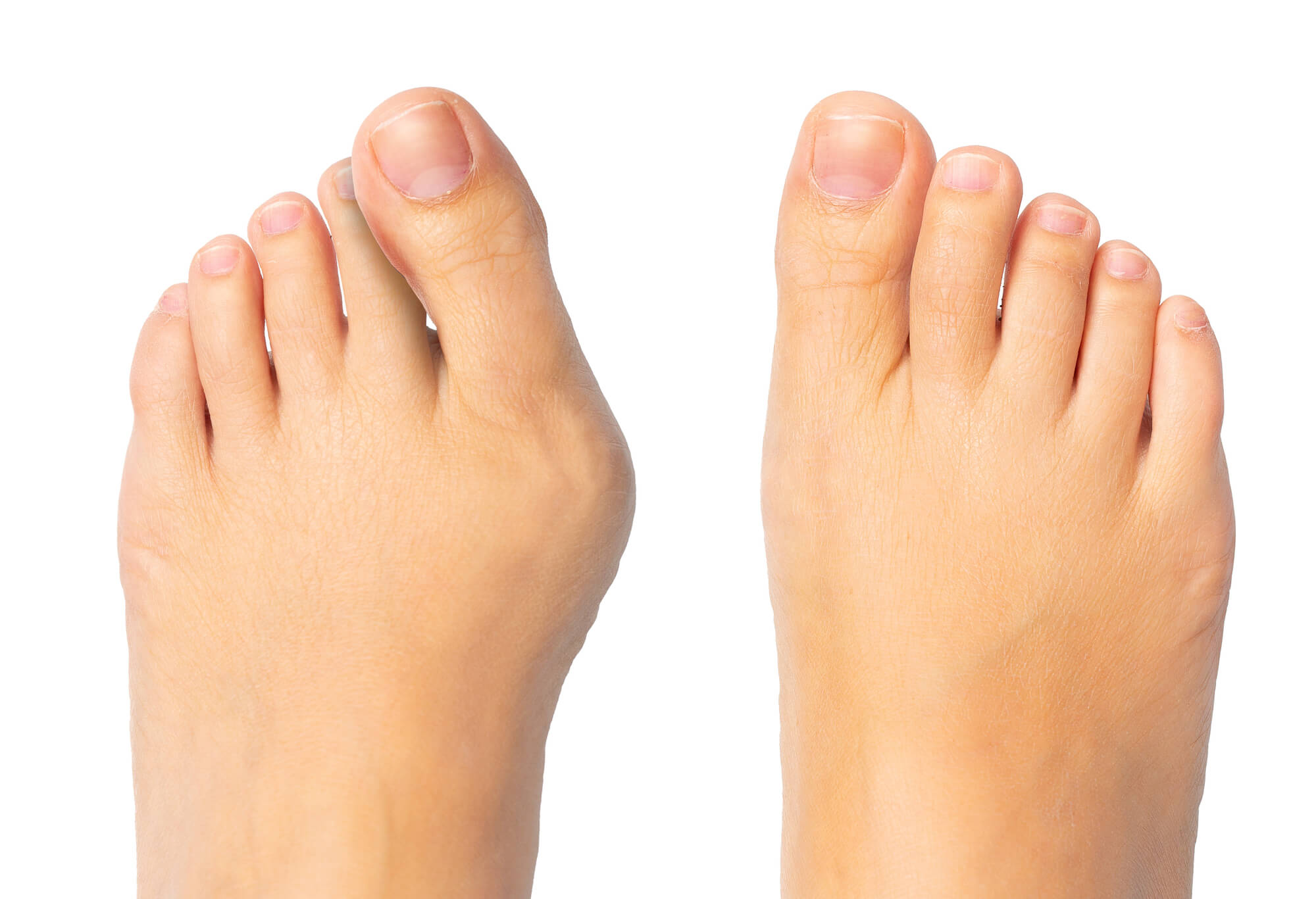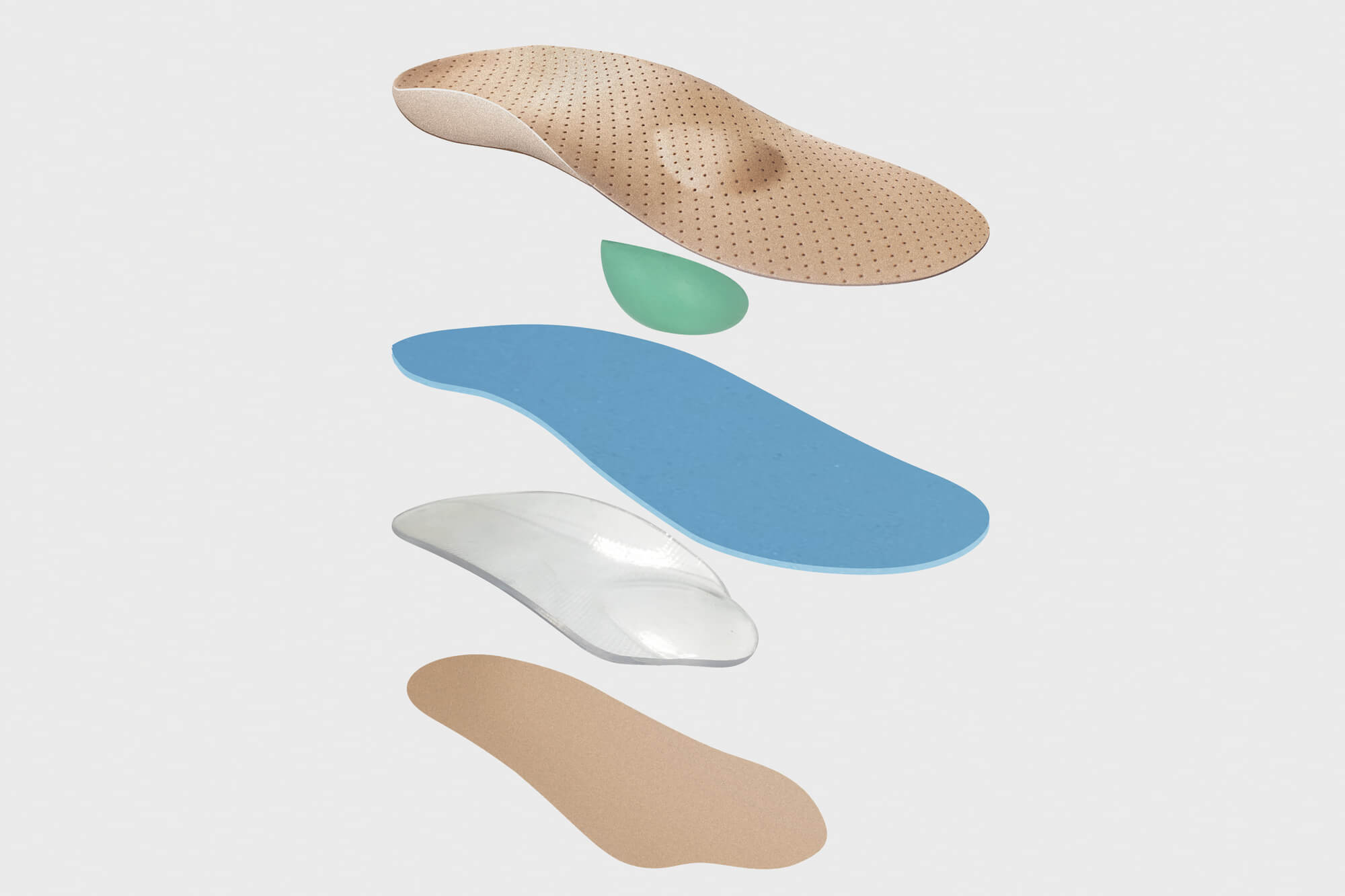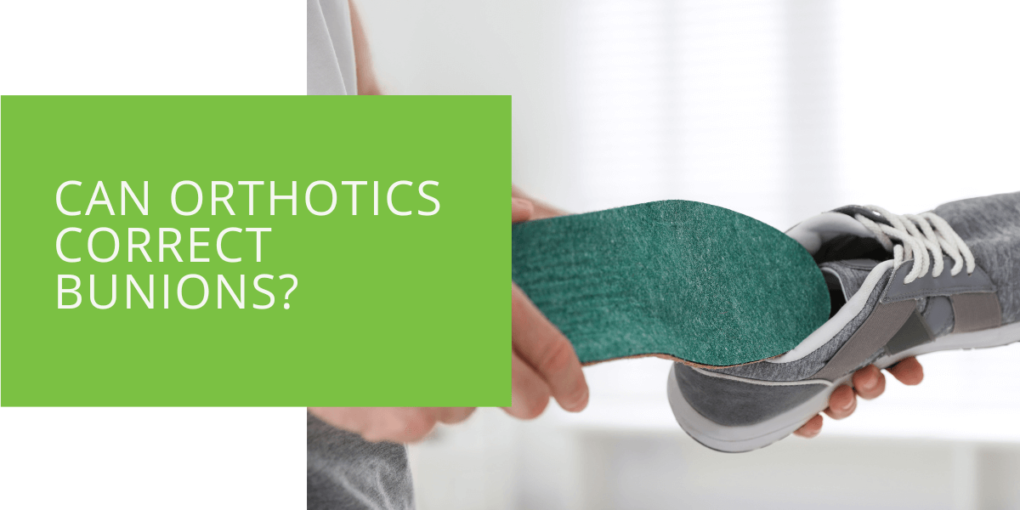Can Orthotics Correct Bunions?
Bunions are a common foot deformity that can cause significant pain and discomfort. A bunion, also known as hallux valgus, is a bony protrusion on the side of the big toe joint. It is caused by the displacement of the bone or tissue in the big toe, resulting in a characteristic bump on the side of the foot. Bunions can make it difficult to find comfortable footwear and affect your gait.
For many people, bunion surgery is daunting, and they may seek non-surgical options to alleviate bunion pain. One such option is orthotics, special shoe inserts that can help correct the foot's alignment and ease bunion pain.
What are Bunions?
A bunion is a bony deformity that develops on the joint at the base of the big toe. The condition is also known as hallux valgus. The exact cause of bunions is not entirely clear, but several factors can contribute to the development of the condition. These include:
- Genetics: Some people are more prone to developing bunions due to their genetic makeup
- Footwear: Wearing shoes that are too tight, too narrow, or have high heels can contribute to the development of bunions
- Flat feet: People with flat feet have a greater risk of developing bunions
- Biomechanical issues: Certain foot conditions, such as overpronation, can increase the risk of bunions
Symptoms of bunions include:
- A visible bump on the side of the big toe joint
- Pain and discomfort when wearing certain shoes
- Redness and swelling in the area
- A change in the shape of the foot
- Difficulty walking or standing for long periods

Orthotics for Bunion Correction
Orthotics are special shoe inserts that can correct the foot's alignment and ease bunion pain. They work by redistributing the pressure on the foot and providing support for the affected joint. Two main types of orthotics are available for bunion correction: custom orthotics and over-the-counter orthotics.
Custom Orthotics
Custom orthotics are made to fit the individual's foot and are designed to correct specific foot conditions. They are made by a podiatrist or other foot specialist using a mold of the patient's foot. Custom orthotics provide the most accurate fit and support, and can be tailored to the patient's specific needs.
Advantages of custom orthotics include:
- They are made to fit the individual's foot
- They provide the most accurate support
- They can be tailored to the specific needs of the patient
To find a practitioner to make custom orthotics, you can ask for a referral from your primary care physician or search online for a podiatrist.
Over-the-Counter Orthotics
Over-the-counter orthotics, also known as OTC orthotics, can be purchased at most pharmacies, sporting goods stores, or online. They come in various sizes and shapes to fit different foot types and are not as expensive as custom orthotics. However, they may not provide the same level of support and accuracy as custom orthotics.
Types of OTC orthotics for bunions include:
- Orthotics with a metatarsophalangeal (MTP) joint cutout to alleviate pressure on the bunion
- Orthotics with a raised arch to provide support for flat feet
- Orthotics with a heel cup to help with overpronation
When choosing the right OTC orthotic for your bunion, it is important to consider the specific needs of your foot. It is also a good idea to speak with a podiatrist or other foot specialist to ensure that the orthotic you choose is appropriate for your condition.
Potential downsides of using OTC orthotics include:
- They may not provide the same level of support and accuracy as custom orthotics
- They may not be appropriate for all foot conditions
- They may not fit as well as custom orthotics

Conclusion
Orthotics can be an effective non-surgical option for correcting bunions and alleviating bunion pain. Custom orthotics are made to fit the individual's foot and provide the most accurate support, while over-the-counter orthotics are a more affordable. It is important to speak with a podiatrist or other foot specialist to ensure that the orthotic you choose is appropriate for your condition. It is also important to remember that orthotics will not cure bunions but rather alleviate the pain and discomfort associated with the condition.
Orthotics can effectively correct bunions, but it is essential to understand that it is not a permanent solution. Working with a podiatrist or other foot specialist is important to ensure that the orthotic you choose is appropriate for your condition. Additionally, orthotics can help manage the pain and discomfort associated with bunions, but they should not be used as a replacement for surgery in severe cases. It is essential to consider all the options and work with a foot specialist to find the best treatment plan for your bunions.

